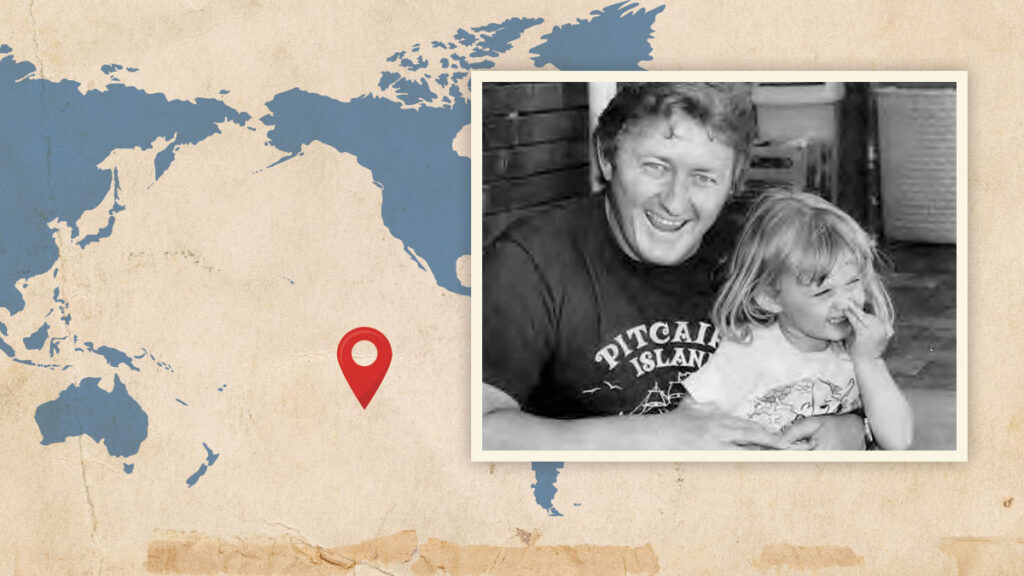The recently risen sun glistened on the snowy panorama—all that was visible from the plane. It looked like a winter wonderland. If it had been a few months earlier this would have brought to mind northern hemisphere Christmas songs such as “I’m Dreaming of a White Christmas”, and “Jingle Bells”. I’m sure you can think of a few more.
Not only were the mountaintops snow-covered, but the hills, the valleys and trees were all heavily covered in snow. The sight below was beautiful in the early morning sun, but little could I know the impact that this snow would have on me in a short while.
I’d been teaching in South Korea for several years, and my young sons had had a holiday back in Australia with their grandparents and cousins for a few months. I was on my way back from picking them up. Our plane from Brisbane had left around midnight, and the flight travelled over land the length of South Korea, so we could see a long corridor of snow. We were soon to find the negative impact of all that snow when we landed in Seoul.
Having done it before, I was familiar with catching the airport buses that ran to and from particular cities and the airport. I had told the coordinator at my new school that I would be happy to catch the airport bus and have her meet me at the depot to save her travelling all the way to Seoul. This had sounded good when I made the arrangements before returning home, but things had changed. After we deplaned, collected our luggage and went through immigration, we thought we were on the homeward straight as the airport buses started adjacent to the airport exit doors.
We were dismayed when we found out that the snow was going to cause a major delay. The amount of snow that had fallen was an extremely rare occurrence in the city we were heading to, so the city did not own snowploughs. The airport buses we needed to catch were garaged in the city where we were heading. The buses were snowed in. The staff at the ticket booth couldn’t tell us if or when there would be an airport bus that day. At the earliest, it would be in the afternoon—only if it warmed up enough for the snow to melt. What could we do?
After two hours of dealing with very tired, grumpy children, on limited sleep myself, I was able to get in contact with the coordinator at the school. When I explained my situation, she told me to catch a taxi to the school (2.5 hours away), and she would meet us and pay for the taxi. That sounded great to me. As there were three of us plus all our luggage, we needed a maxi taxi. We went to the first taxi in the maxi taxi rank and loaded up.
My Korean was limited and the taxi driver didn’t speak English, but I did know the name of the town we were heading to and the school title in Korean, so I thought I’d be okay. But he was from Seoul and so the school name was unknown to him and I couldn’t give directions. I’d only been to the school once, and had been picked up from the bus station, so this was useless.
After a few minutes trying to get through to each other, and my quick “help!” to God, the taxi driver took his mobile phone and speed dialled someone. When his call finished, he took off immediately without talking to me. I only found out later when I arrived at my destination what had happened. It was a little disconcerting as I didn’t know anything about his phone call and if he knew where we were going now, but at least I recognised we were heading in the correct direction—south. When we got there I recognised the coordinator and the school building—relief.
What I discovered: he was a personal friend of the president of the Adventist conference where the school was located. He had phoned his friend and gotten directions to the school. Of the thousands of taxi drivers in the city; the many dozens of taxis lined up at Seoul airport; the long line of taxis at the maxi taxi rank; and even more in the separate standard taxi rank; I had found the ONE taxi driver who could help me, at the head of the line in the correct taxi rank. The logistics required to get that one taxi driver to the airport and to the head of that line at precisely the same time that I arrived, would be beyond human capacity. But I serve a wonderful God. In the book of Isaiah, God makes a promise:
“I will answer them before they even call to me. While they are still talking about their needs, I will go ahead and answer their prayers!” (Isaiah 65:24, NLT).
I didn’t know God’s creative answer to my need existed, so I could not have asked for it. He knew exactly what I needed and started arranging the solution for me, while I was still in the air or even much earlier. The friendship of the taxi driver and conference president was most likely decades in the making, as in Korea a person’s closest friends are his/her primary school classmates. What a totally astonishing God.
Chapter 65 of Isaiah is loaded with promises and I would urge you to read them for yourself, particularly verses 17 to 25. This section of the Bible talks about the promises of heaven, and in this context verse 24 could also refer to Jesus, the answer to all our deepest needs. Jesus died on the cross to pay the cost for heaven long before any of us were born. Revelation describes Jesus as the Lamb slain from the foundation of the world (Revelation 13:8). This verse strongly implies that Jesus made His choice to be a sacrifice so that we could gain heaven, even before humans were created. Jesus is the ultimate answer who was given before we knew our need, or even needed it.
Juanita Hughes is a member of South Brisbane church, Qld and active dementia advocate, a ministry she feels called to.






